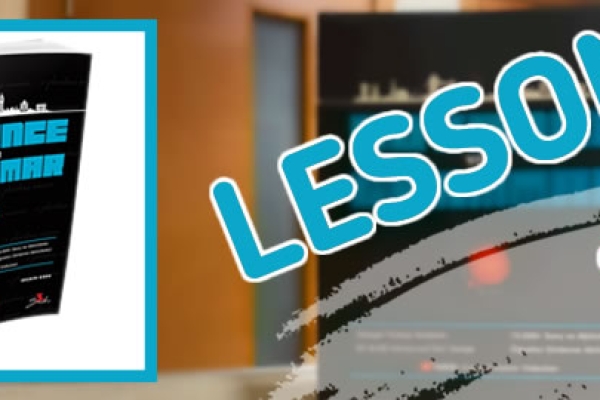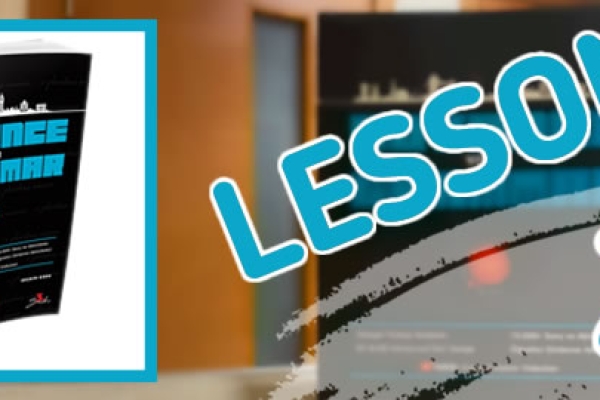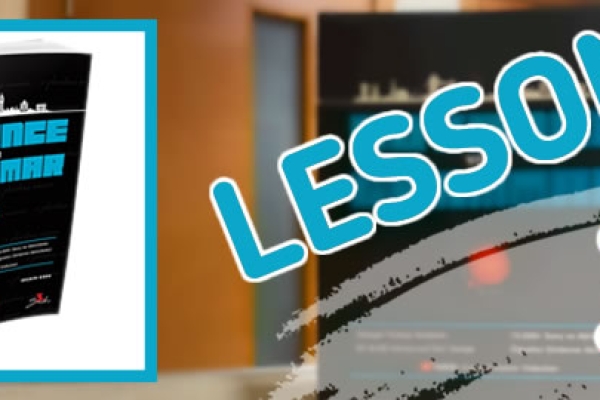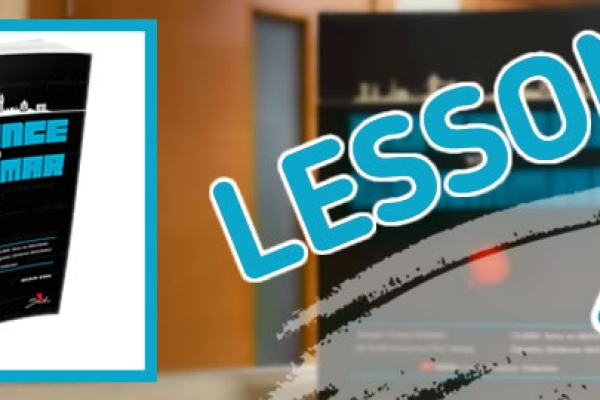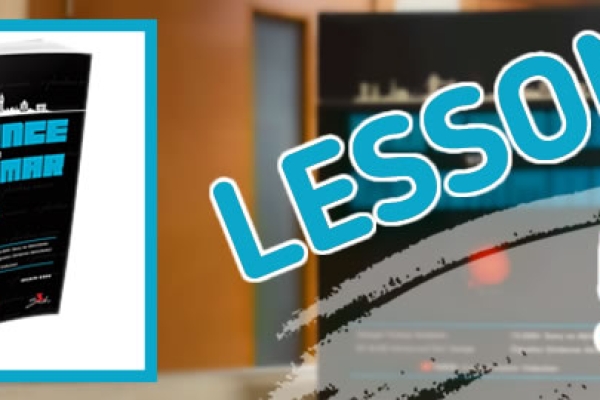Structures Used with Unreal Time in English Grammar
Unreal time refers to grammatical structures used to express hypothetical, imaginary, or contrary-to-fact situations in the present, past, or future. These structures often use past simple, past perfect, and modal verbs like "would," "could," or "might." Here are some key structures used with unreal time:
Wish / If Only for Unreal Desires and Regrets “Wish” and “If only” express regret or the desire for something to be different.
Examples:
-
I wish I were taller.
(In reality, I am not tall, but I am imagining a different situation.) -
If only she had studied harder, she would have passed the exam.
(She didn’t study hard, so she failed. This expresses a regret about the past.)
It’s (High) Time for Unreal Suggestions “It’s time” is used to emphasize that someone should do something. “It’s high time” adds stronger emphasis. Although past simple is used, the meaning refers to the present or future.
Examples:
-
It’s time you went to bed.
(You are still awake, but you should have gone to bed already.) -
It’s high time we did something about climate change.
(We should have acted before, but we still have the chance to do something now.)
Would Rather for Preferences “Would rather” expresses a preference for a different situation in the present or future.
Examples:
-
I would rather you didn’t smoke here.
(You are smoking, but I prefer that you don’t.) -
She would rather he studied medicine.
(She prefers him to study medicine, but in reality, he might not be doing so.)
As If / As Though for Hypothetical Comparisons “As if” and “as though” introduce an unreal or hypothetical comparison.
Examples:
-
He talks as if he knew everything.
(He does not know everything, but he acts like he does.) -
She behaves as though she were the boss.
(She is not the boss, but she acts that way.)
Imagine, What If, Suppose, Supposing for Hypothetical Situations These structures introduce hypothetical or imaginary conditions and their possible consequences.
Examples:
-
Imagine you won the lottery. What would you do?
(Winning the lottery is unlikely, but we are imagining a scenario.) -
What if we moved to another country?
(We are considering a hypothetical situation that may not happen.) -
Suppose he didn’t help us. What would we do?
(We are assuming an unlikely scenario and discussing its consequences.) -
Supposing you had never met me, how would your life be different?
(We are considering a past hypothetical situation that did not happen.)
These structures are commonly used to express hypothetical or unlikely situations in English. Learning them will help you sound more natural and fluent in both spoken and written English.



